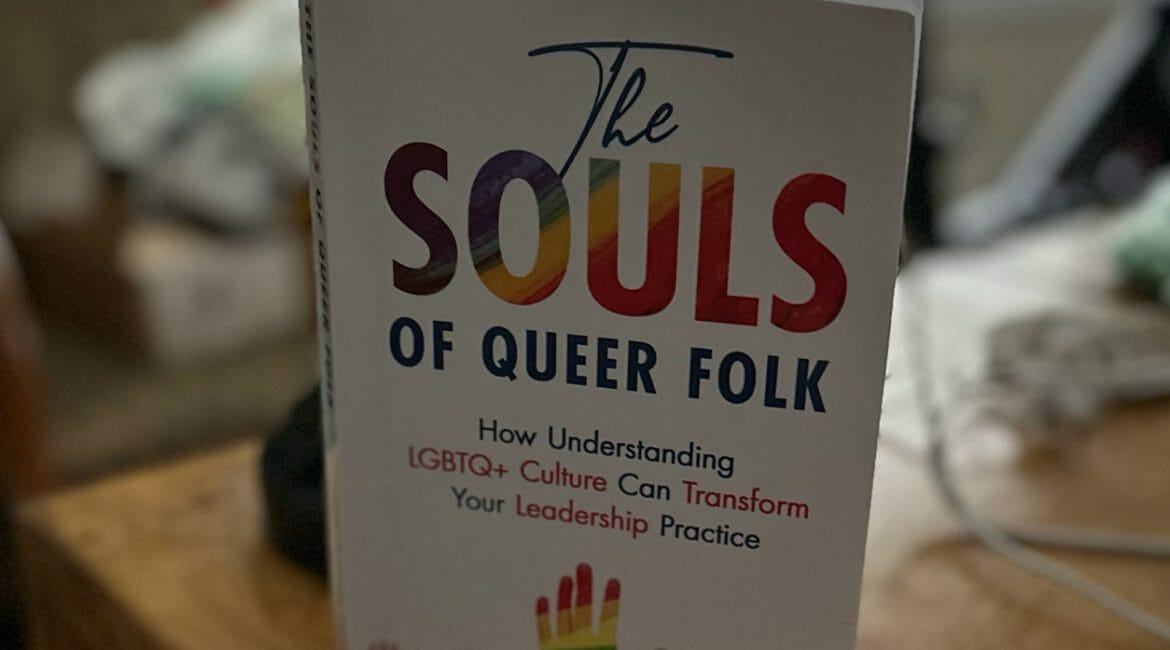The Souls of Queer Folk
Authored by Dr. Joel A. Davis Brown, a sought-after speaker, poet, storyteller, and transformational leadership expert, “The Souls of Queer Folk” explores the values and norms intrinsic to the LGBTQ+ community. Dr. Davis Brown conducted extensive quantitative and qualitative research, delving deep into the cultural values that define the community.
At the outset, the author outlines three key takeaways he hopes readers will gain from the book:
- Understanding the culture of LGBTQ+ individuals
- Transforming corporate and educational environments to be more inclusive
- Becoming an authentic ally by engaging in meaningful relationships with LGBTQ+ communities
Dr. Davis Brown’s research was motivated by the staggering statistic that 45.5% of the LGBTQ+ community has experienced unfair treatment in the workplace.
Nine Cultural Values Explored
The book examines nine distinct cultural values, dedicating a chapter to each: justice, authenticity, verve, resilience, somatic awareness, perceptiveness, interconnectedness, non-binary thinking, and creativity.
Taking Action for Change
In conclusion, Dr. Davis Brown offers at least ten practical suggestions on how to implement change within your organization. Some of these recommendations include:
- Committing to being the best version of yourself
- Visualizing the impact you want to make
- Assessing the state of your current leadership practice
- Choosing an area of growth
- Identifying an area that you want to change
To discover the rest of Dr. Davis Brown’s suggestions, you’ll have to read the book for yourself!
“The Souls of Queer Folk” is a valuable resource for those looking to better understand LGBTQ+ culture and foster more inclusive environments in their personal and professional lives. By embracing diversity and becoming authentic allies, we can transform our leadership practices and create a more equitable world for all.


